
Linking your reseller server to WHMCS enables automated provisioning, simplifying the management of hosting accounts. This guide outlines the steps to integrate a WHM/cPanel server module into WHMCS, ensuring seamless account creation, suspension, termination, and more.
Prerequisites
Before you begin, ensure you have:
- WHMCS Installed: A fully configured WHMCS installation.
- Reseller Access: WHM/cPanel reseller access with API permissions.
- Server Details: Hostname or IP address of the server and WHM reseller username.
- SSL Certificate: An SSL-secured WHMCS installation for secure data transfer.
How to Link Your Reseller Server to WHMCS for Automated Provisioning
-
Generate API Token in WHM
WHMCS uses an API token to communicate with your WHM server.
- Log in to your WHM account.
- Navigate to Development → Manage API Tokens.
- Click Generate Token.
- Enter a token name (e.g., “WHMCS Integration”) and configure optional expiration and IP restrictions.
- Set the token’s permissions (e.g., full reseller privileges).
- Click Create and copy the API token. Store it securely as it won’t be shown again.
-
Add the Server in WHMCS
Now, configure your WHMCS installation to recognize your WHM server.
- Log in to your WHMCS Admin Dashboard.
- Navigate to Apps & Integrations using the drop-down menu in top right corner of WHMCS Admin area:
- Click Search from the horizontal menu and type “cPanel” in the search field. Select cPanel & WHM from the results:
- Click Create New Server from the “cPanel” popup screen:
- Fill in the required details:
- Hostname: Enter the server hostname or IP address.
- Username: Enter your WHM username (your reseller username).
- Password: Leave this field blank.
- API Token: Paste the API token you generated.
- Click Test Connection to verify the server credentials. If successful, proceed to the next step.
- Scroll down and configure the Nameservers for your server, then Save Changes:
-
Configure the Server Group (Optional)
If you have multiple servers, you can organize them into a server group.
- Go to Configuration → System Settings → Servers.
- Click Create New Group.
- Assign a name to the group and add your server(s) to it.
- Configure the Fill Type:
- Fill: WHMCS fills one server before moving to the next.
- Load Balance: WHMCS distributes accounts across servers evenly.
- Save the group.
-
Set Up a cPanel Product in WHMCS
To enable automated provisioning, create a hosting product linked to your server.
- Navigate to Apps & Integrations using the drop-down menu in top right corner of WHMCS Admin area:
- Click Search from the horizontal menu and type “cPanel” in the search field. Select cPanel & WHM from the results:
- Click Create New Product from the “cPanel” popup screen:
- If there is no product group, click Click here to create a new product group:
- Configure the Product Group by giving it a name, choosing a cart template, and saving it:
- Return to creating the product. Choose Shared Hosting type, give the product a name, ensure the cPanel module is selected, then click Continue:
- On the following screen, navigate to the Module Settings tab and configure the Server Group, WHM package name (See guide: Add A Hosting Package in WHM), set the automation, and click Save Changes:
- That’s it. The server connection is complete. Of course, there are many more settings that can be configured, but this is beyond the scope of this guide.
- Navigate to Apps & Integrations using the drop-down menu in top right corner of WHMCS Admin area:
-
Test the Configuration
Ensure everything is working correctly by placing a test order.
- Create a test client in WHMCS.
- Order the product you just configured.
- Check the following:
- WHMCS creates the account in WHM.
- The account is visible in WHM → List Accounts.
- WHMCS sends an automated welcome email to the client.
-
Automate Account Management
WHMCS can automate other account management tasks.
- Navigate to Configuration → System Settings → Automation Settings.
- Set up automation for:
- Account Suspension: WHMCS suspends overdue accounts.
- Account Termination: WHMCS terminates long overdue accounts.
- Cron Job: Configure the WHMCS cron job to run daily to manage tasks.
Troubleshooting
If you encounter issues:
- Connection Error: Verify the hostname/IP, username, and API token.
- Provisioning Failure: Ensure the WHM package name matches the product settings in WHMCS.
- SSL Issues: Confirm both WHM and WHMCS installations are using valid SSL certificates.
Best Practices
- Regularly rotate your API tokens for security.
- Monitor server resource usage to avoid overloading.
- Keep your WHMCS and WHM installations updated.
By following this guide, you can seamlessly integrate your WHM/cPanel reseller hosting account with WHMCS, enabling efficient and automated hosting account management.
Conclusion
You now know how to link your reseller server to WHMCS for automated provisioning.
✅ Easy Website Management with cPanel Support
Running a business is hard enough — managing your website shouldn’t be. That’s why we include full cPanel support with every hosting plan:
- ✅ Simple Dashboard – No tech skills needed. Easily manage your website, emails, and more from one place.
- ✅ Quick App Installs – Launch WordPress, shopping carts, or other tools with just one click.
- ✅ Professional Email – Create business email addresses (like you@yourbusiness.com) in minutes.
- ✅ Reliable Backups – Keep your website safe with easy-to-use backup and restore options.
- ✅ Secure & Protected – Manage your site’s security and SSL certificates with built-in tools.
- ✅ Real Help, Anytime – Our expert support team is available 24/7 for anything you need.
💬 What Our Customers Say
“I have had nothing but good experiences with Rad Web Hosting. The staff is there to help you to make sure that you stay online and I haven't had any downtime with my server in the time I have been with Rad Web Hosting and I have had my server for over two years.”
— Janice L., Owner of RJGM
🏆 Trusted by Small Business Owners Nationwide

🚀 Get Started Today
Take the stress out of website management. With cPanel support and expert help just a click away, you can focus on what matters most — growing your business.
Choose Your Plan Now




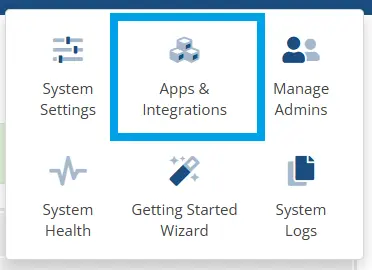
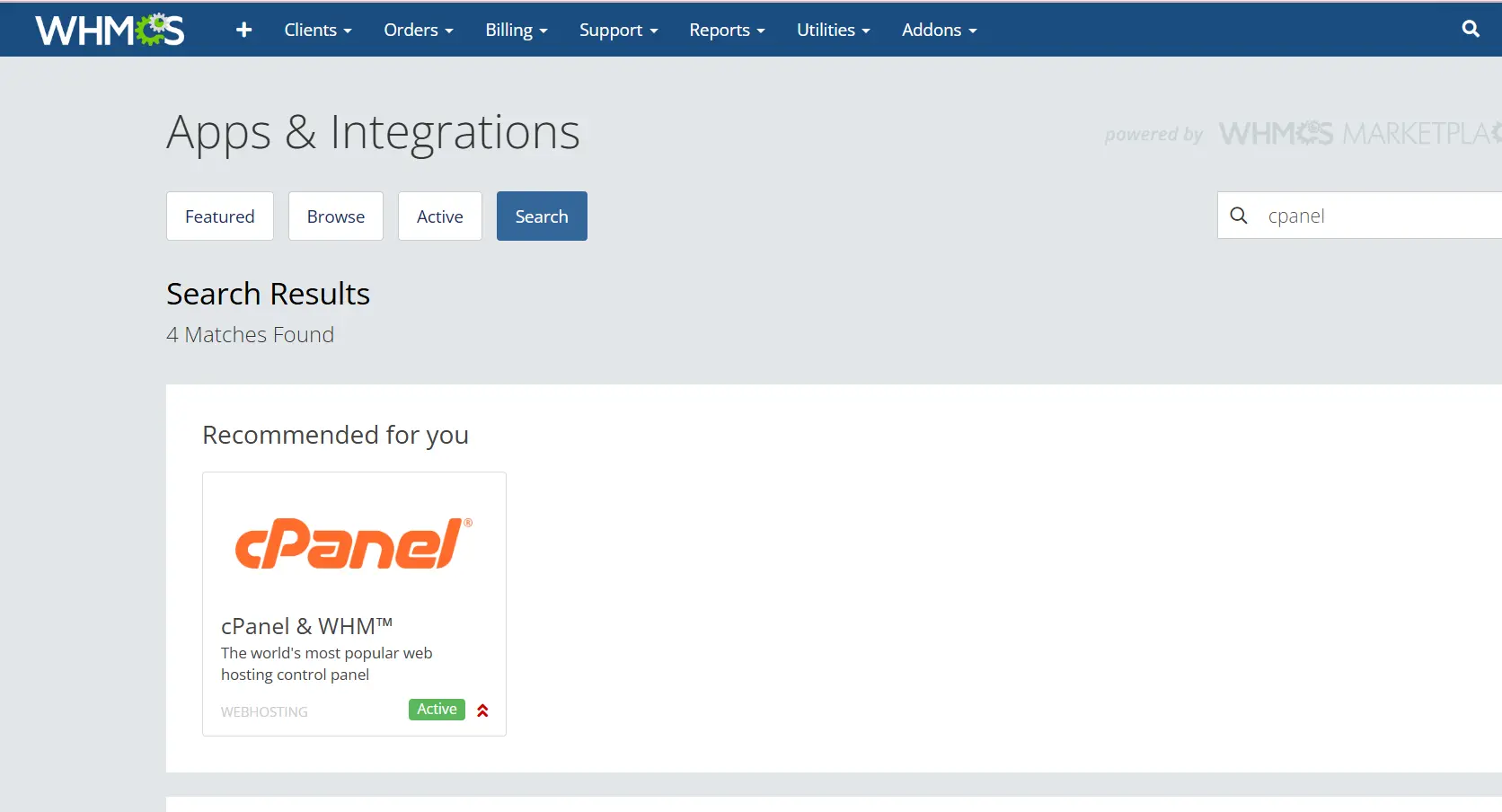
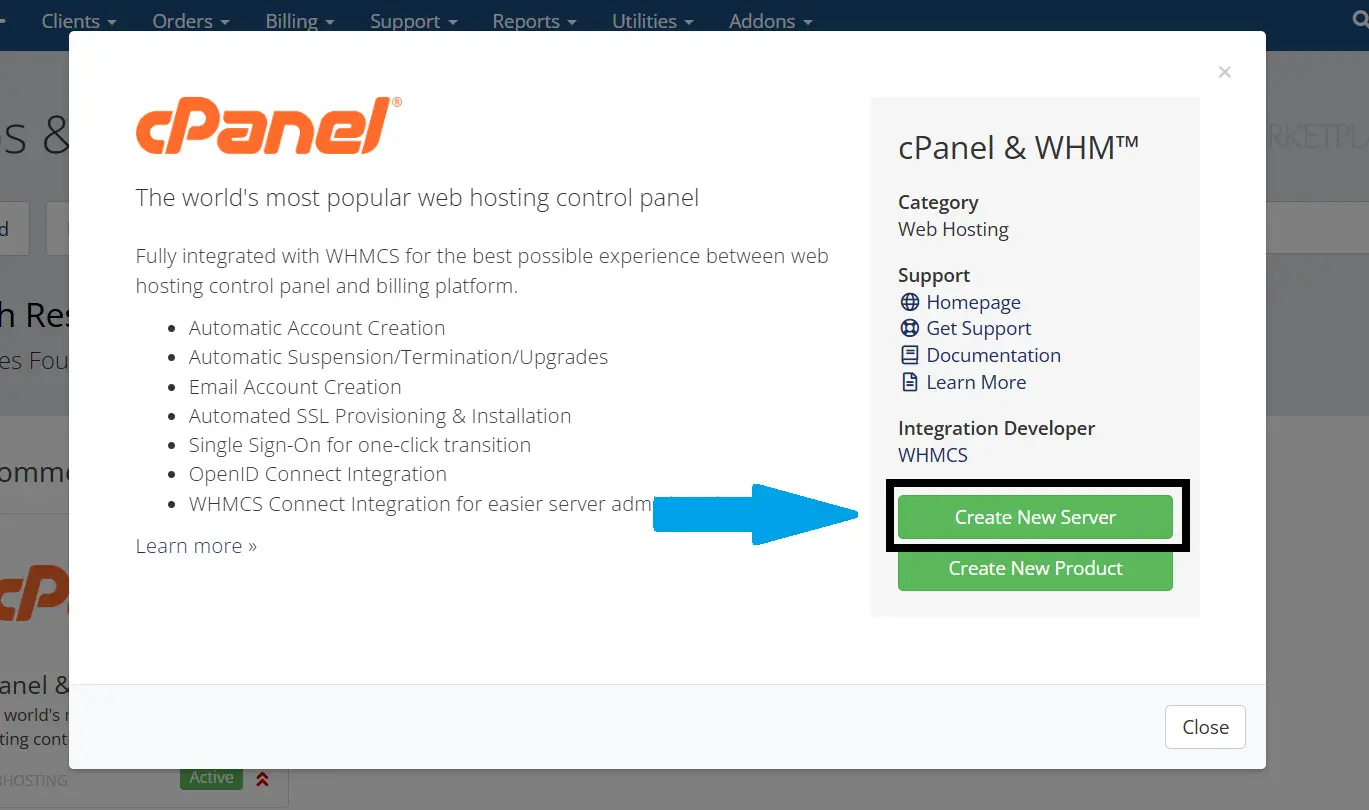
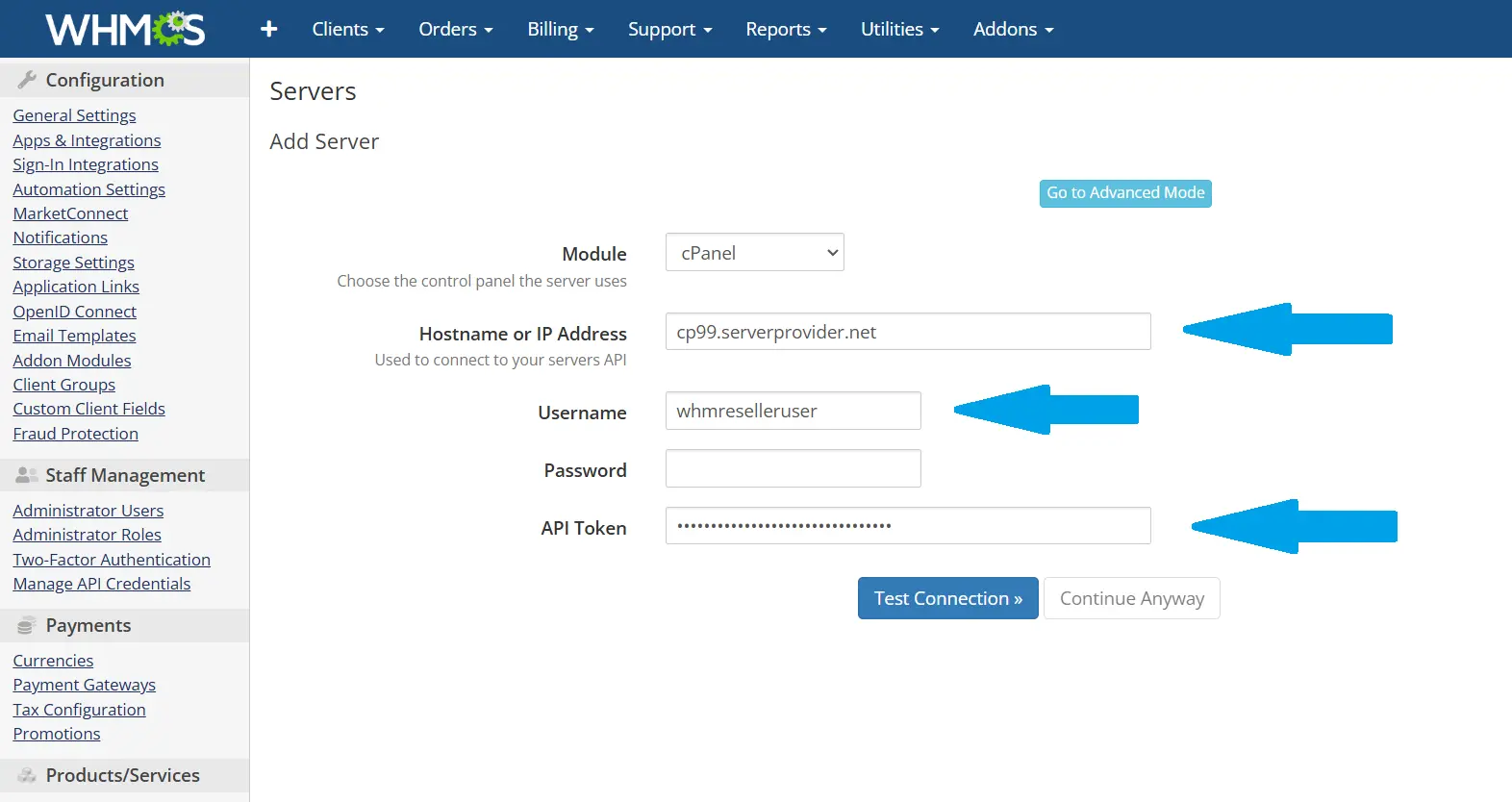
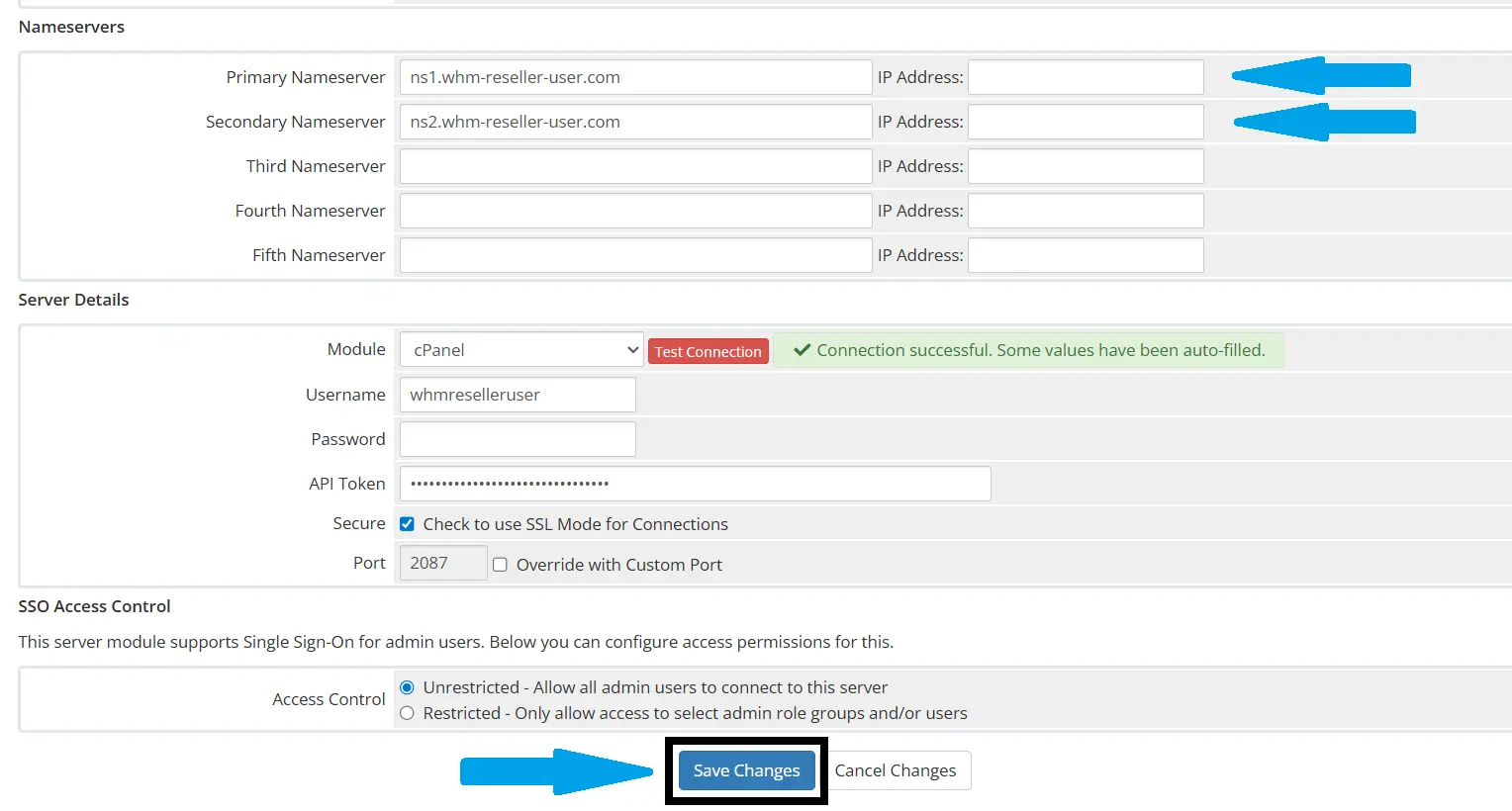
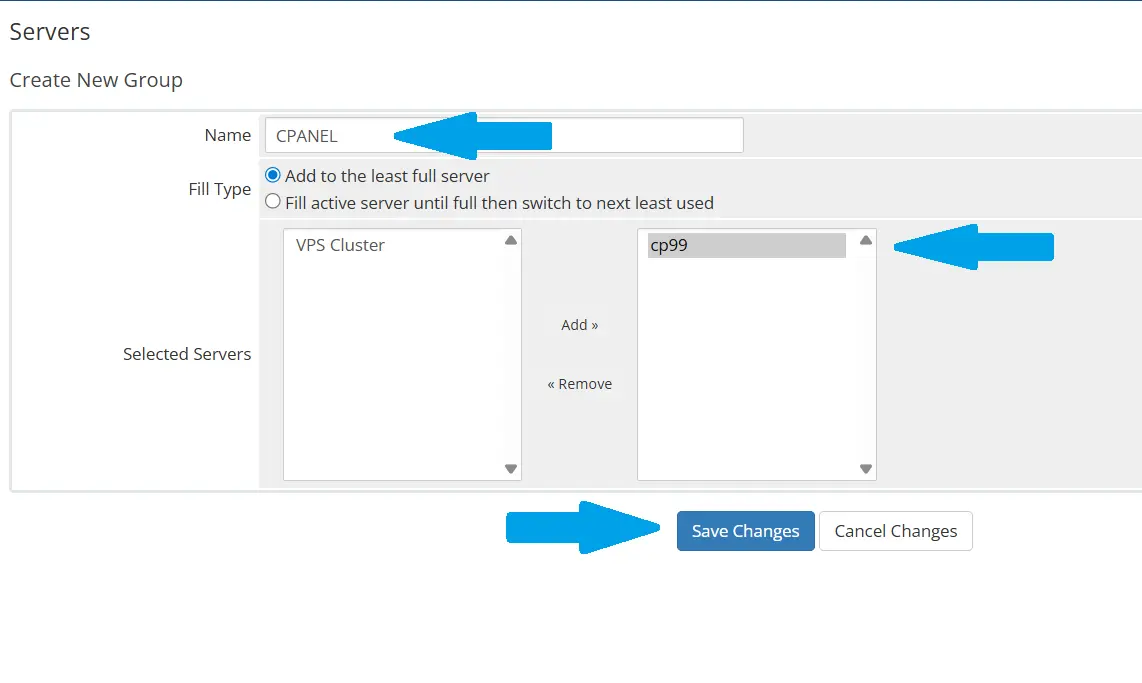
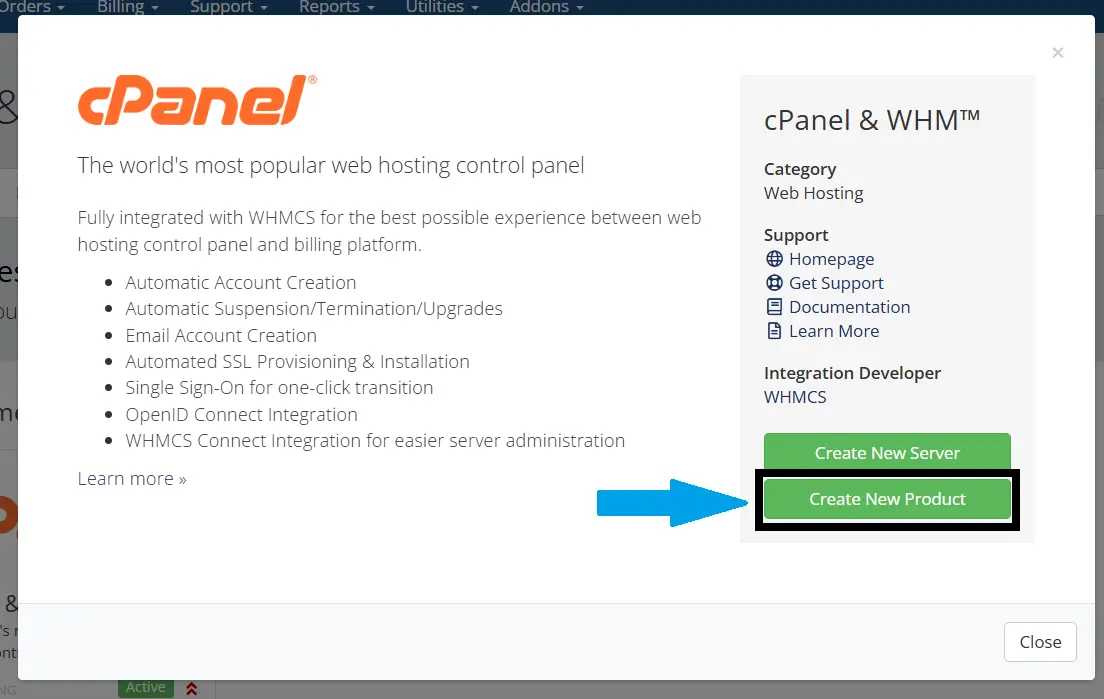
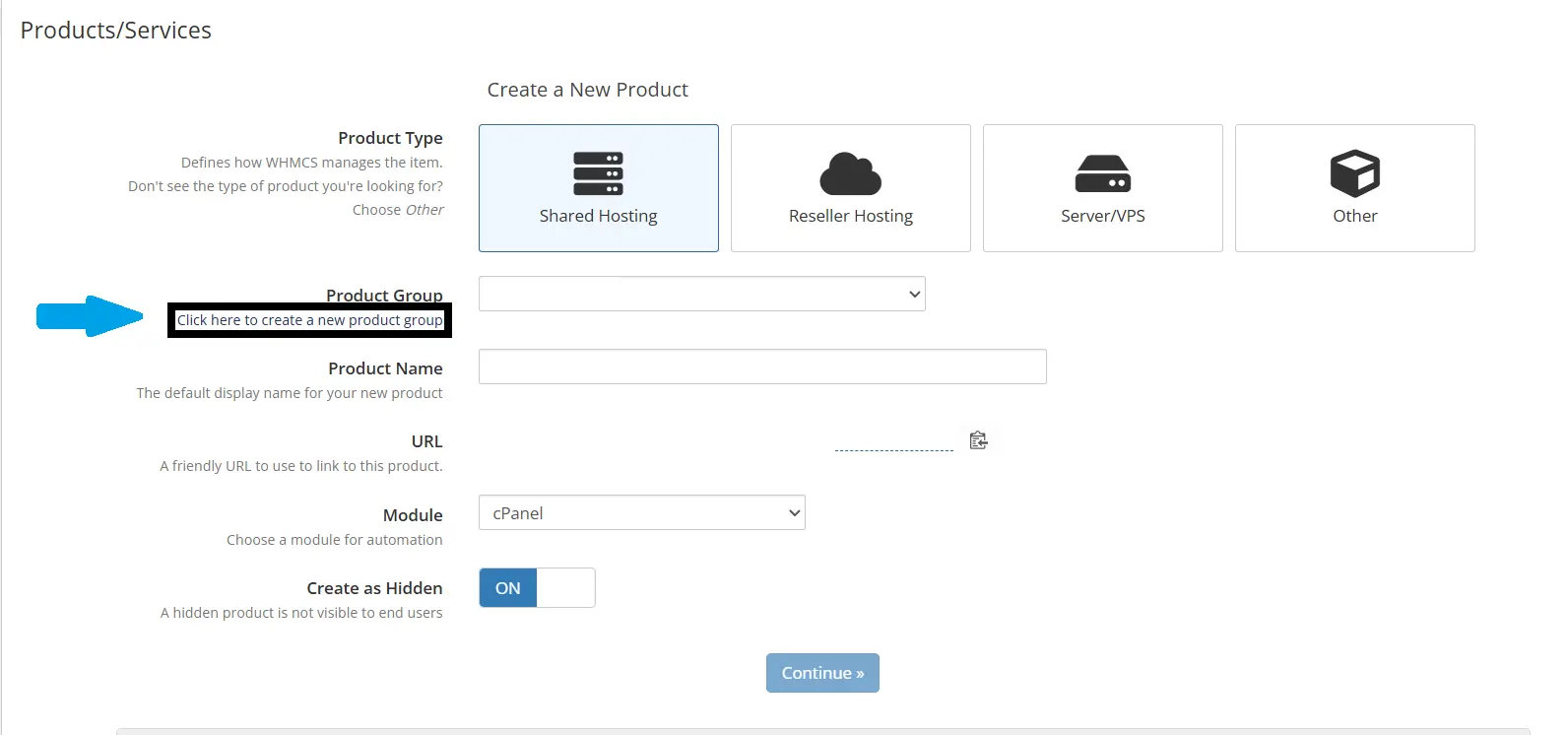
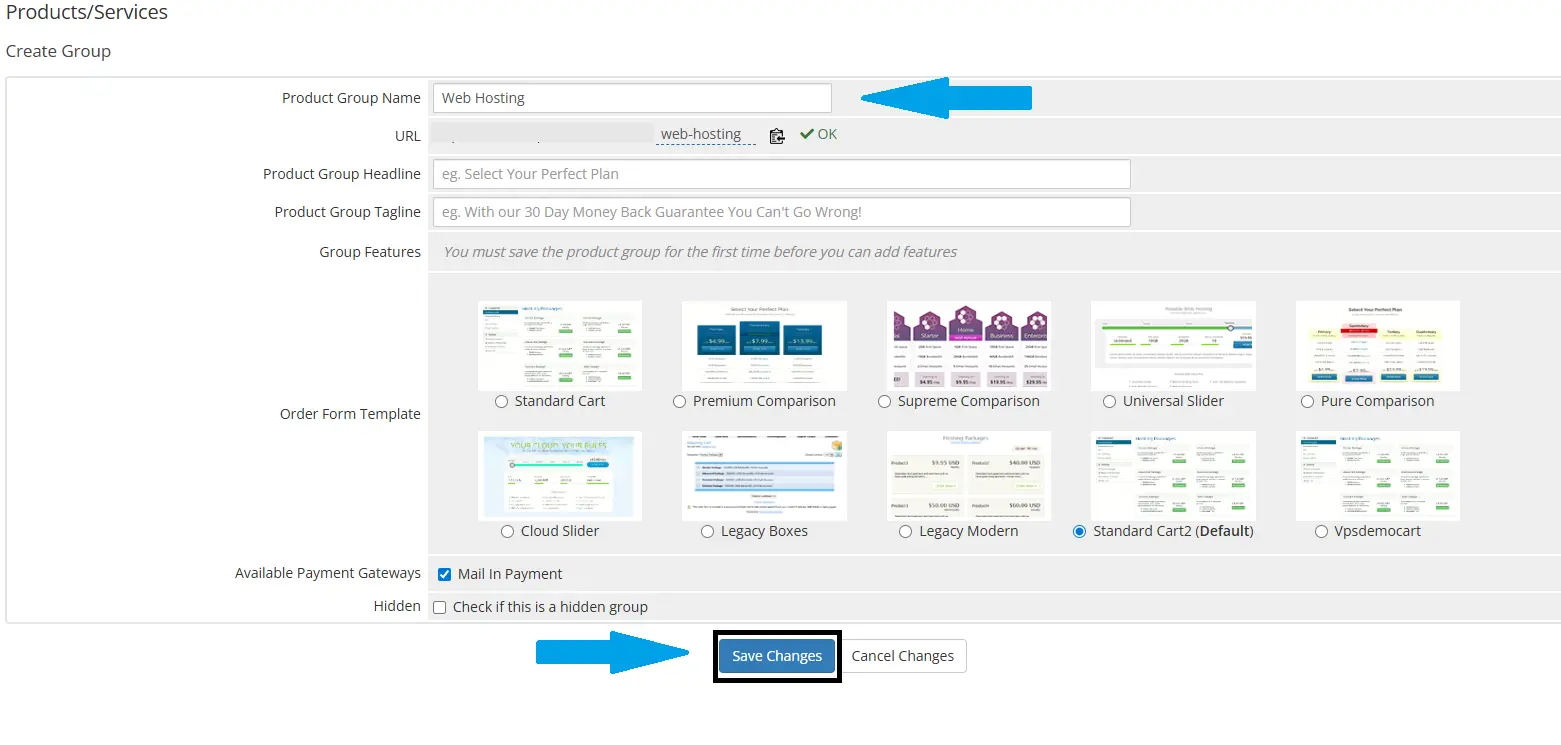
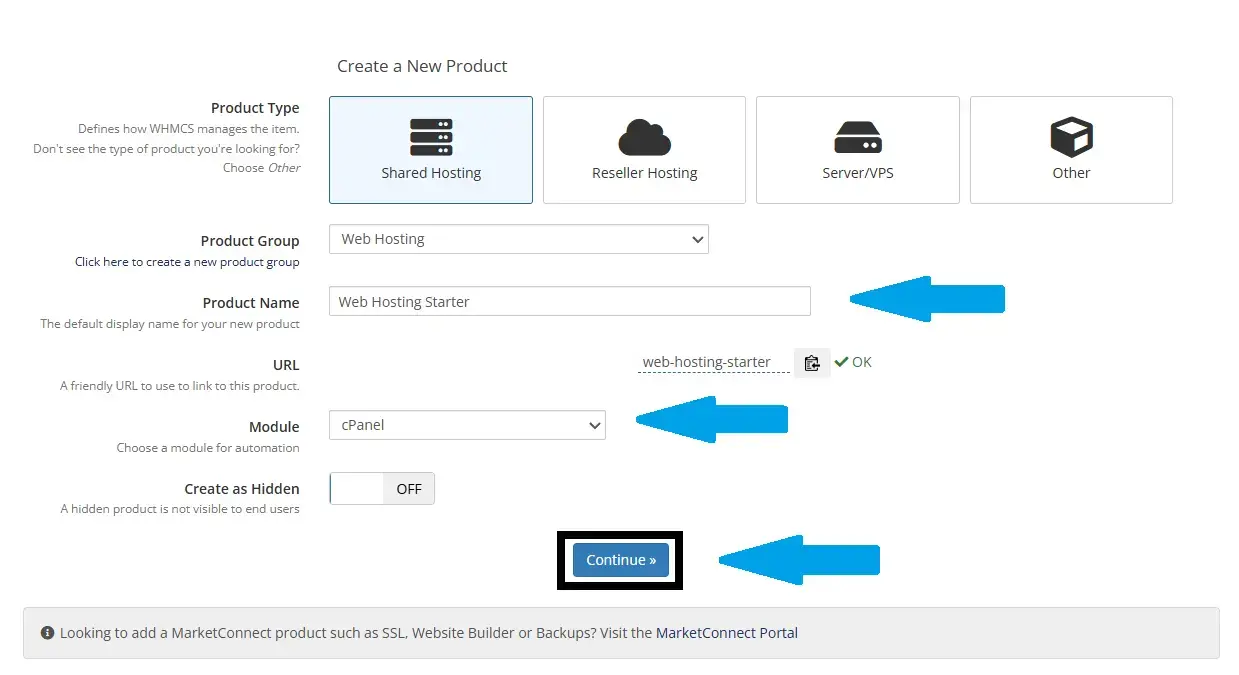
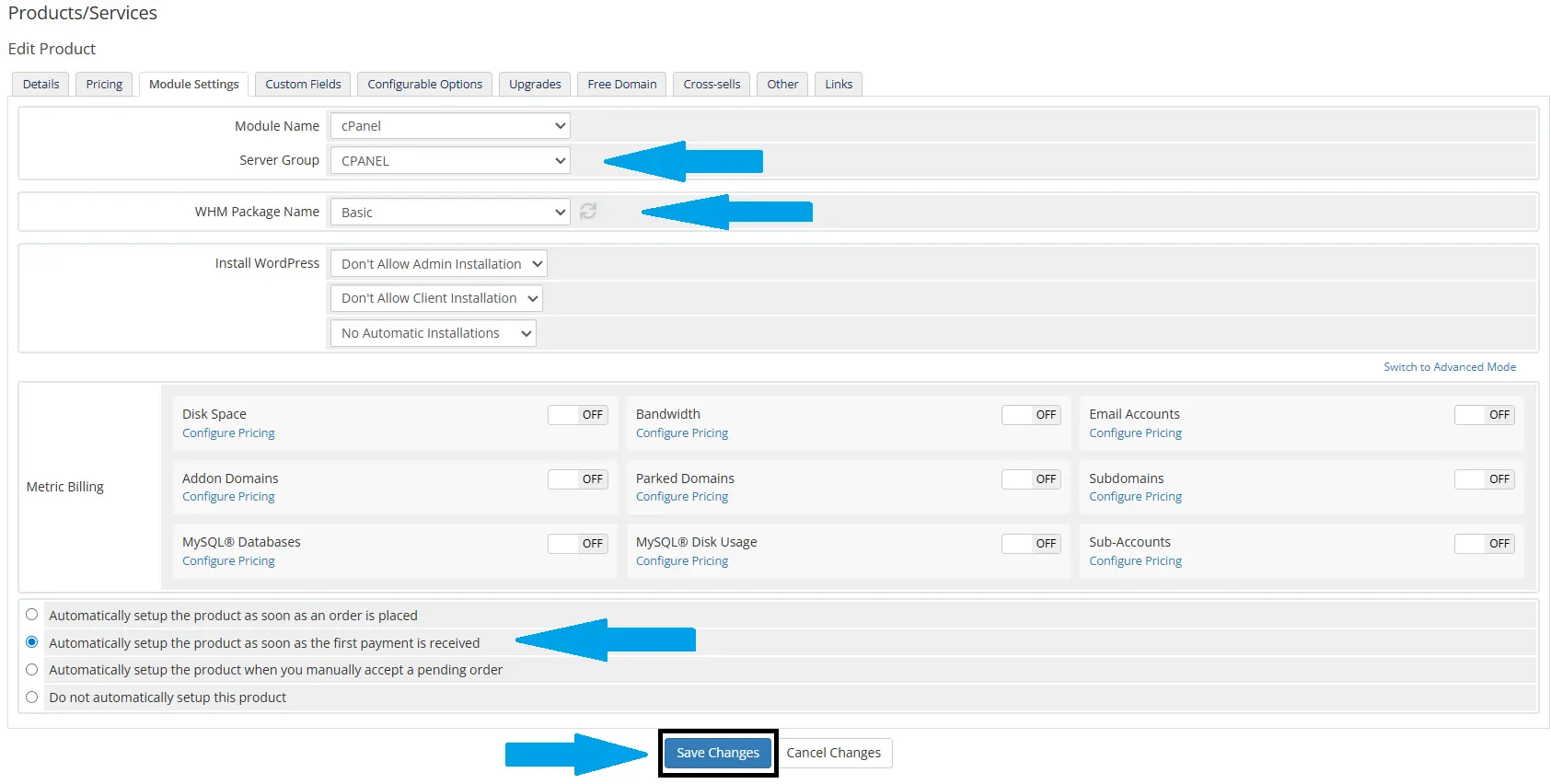
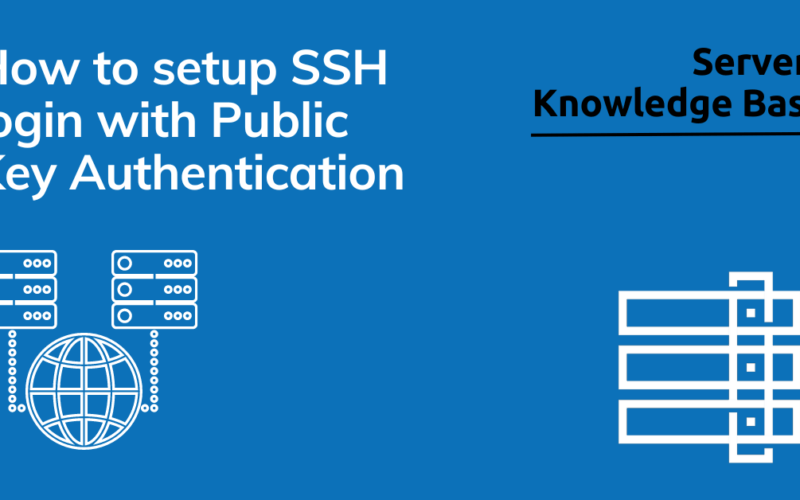

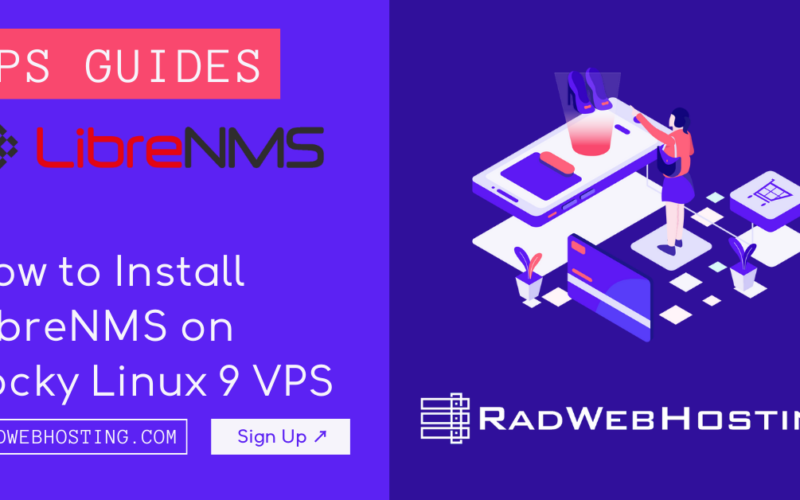





[…] WHMCS integration for automated billing and […]
[…] Link WHMCS to your hosting control panel (e.g., cPanel/WHM, Plesk). […]